Astrology: Pseudoscience or Guide to Our Fate?
Astrology is a pseudoscience that studies the individual. As Anne M. Nordhaur-Bike states, “For all its complexity, however, astrology remains fundamentally simple. It offers a time-honored system of symbols that sum up key aspects of human life while providing profound insights and practical guidance.” Astrology allows an individual to view themselves metaphysically by reading their horoscope, learning about the meaning of their charts or calculating their planets’ alignment. To understand astrology, one must learn the basics: the houses, planets and signs. The planets represent the distinct human desires for conditions such as love, security and understanding. Each planet is located in one of twelve houses representing the facet of life that triggers the planet to express the conditions. For example, Venus represents love, the Moon represents security, Mercury represents understanding. Each planet is categorized under a zodiac sign which is categorized into fire, air, earth and water elements.
The question raised is why astrology, dating back to the second millennium B.C.E, has had a rebirth in the twenty-first century. With organized religion in decline and internet use heightening, the practice of astrology has been reborn in younger generations. Astrology dates back to the eras of Mesopotamia, Egypt, Greek and Roman religious societies. Whether one was a farmer, politician or an ordinary citizen, astrology determined their everyday decisions. The farmer may plant and harvest their crops according to the alignment of the planets. A politician may decide to dethrone a Roman dictator on the Ides of March, while an ordinary citizen may hold a familial burial according to the time of death. Remarkably, astrology has an explanation or meaning for every event in an individual’s life, from being a Roman plebian to a corporate accountant.
In the 21st century, astrology has introduced mechanisms to decipher modern life through technology. Finding one’s birth chart is no longer considered a scholarly activity as it was in earlier centuries, but instead can be done using a website on the Internet. If an individual is attempting to balance their finances and economic dependability and failing, then their Jupiter and Venus may be out of alignment. If an individual is attempting to preserve a deteriorating relationship, then they must ensure their significant other’s sign is compatible before even saying hello. It seems as though astrology can determine a vague interpretation of our future through horoscopes. This raises the question of fate: are our lives predetermined or determined by each individual’s choice?
According to Merriam-Webster, a horoscope is a prediction of a person’s future according to a diagram of the positions of the planets and signs at the person’s time of birth. As someone who reads their horoscope every day, I note how beguilingly vague each horoscope is to the point where I can relate the words on my phone screen to any particular event in my day. Although it may seem that astrology can predict an undetermined future, in reality, it creates a pattern of an individual’s life in accordance with their birthplace, time and date without the mention of human will. “Will” meaning, the will to live and hence the will to make decisions without predetermined answers. According to the German philosopher Arthur Schopenhauer, the will is the incessant human striving inherent in our existence. Such existence leads individuals to ask themselves, what is my fate? To those individuals, I would respond, leave that question to the man in the sky or Elvis Presley.
Individuals can use astrology as a method of refusing to acknowledge the decisions that form their fate. As author Karen Hamaker- Zondag states, “Astrology is one of the earliest attempts made by man to find the order hidden behind or within the confusing and apparent chaos that exists in the world.” But ultimately, our fate is not predetermined. We make our own fate through our individual will to live, one that astrology fails to account for.
Yet, the question of fate remains perpetually intriguing. Until God can answer my questions, I suppose we will never know for certain whether fate is determined by our own volition or by the stars and planets above. Astrology, if anything else, offers consolation to our existence because it aids in our inability to cope with the uncertainty of the future and our range of human emotions, pseudoscience or not.
Your donation will support the student journalists of Saint Louis University. Your contribution will help us cover our annual website hosting costs.



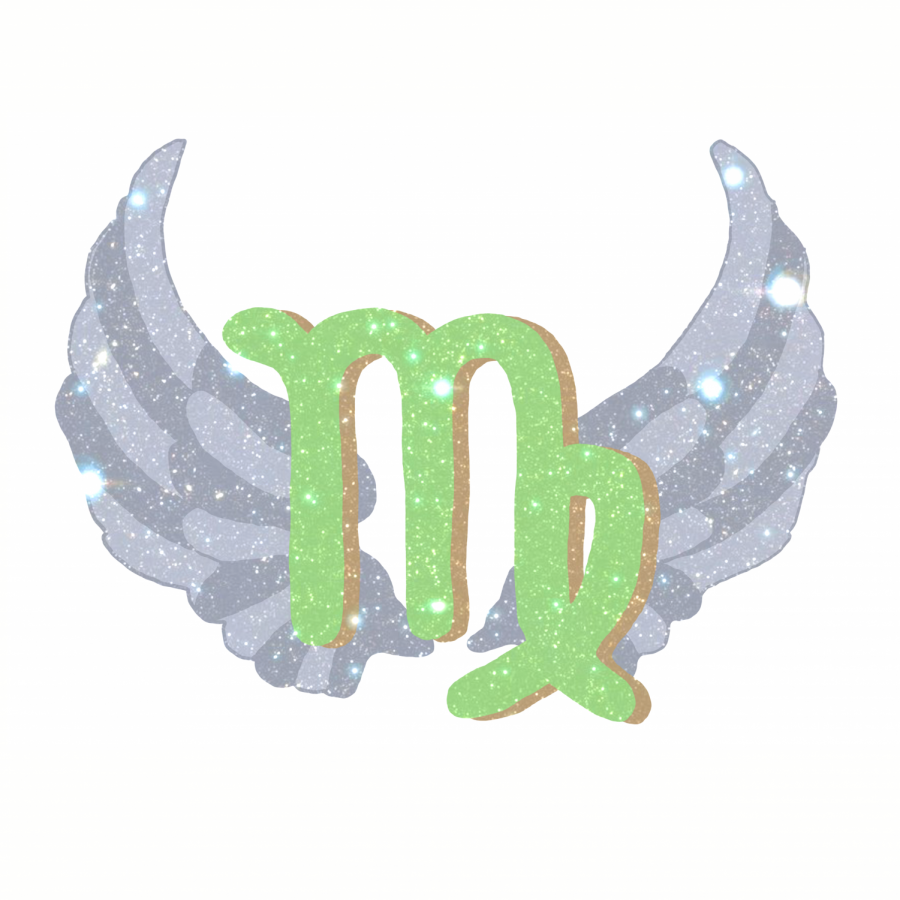
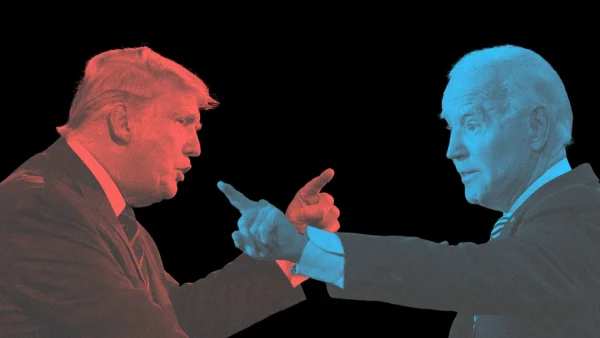

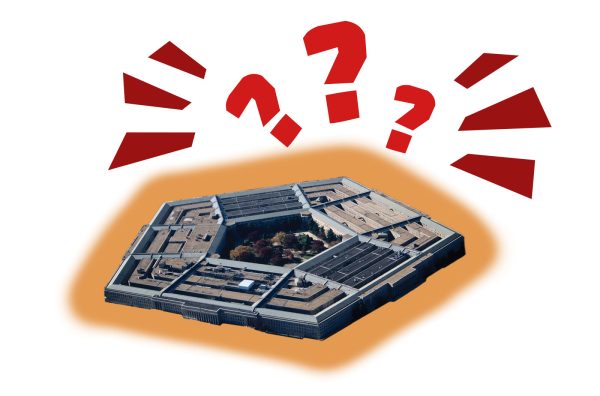


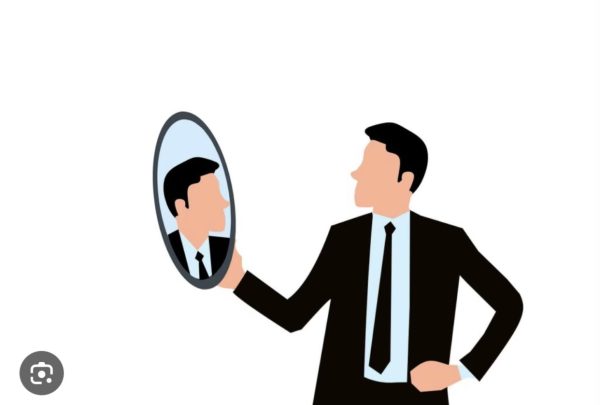
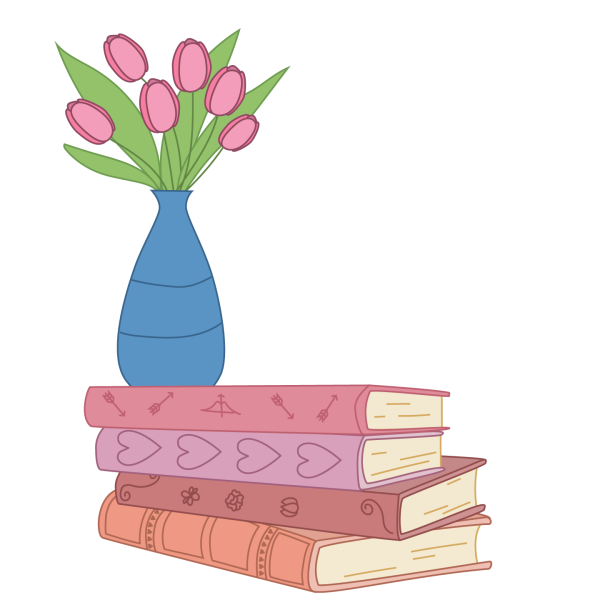

R2k • Dec 6, 2022 at 2:59 pm
I guess author likes water. There’s no need in so big wall of text.
Astrology can’t answer simple logical questions. Can’t give guarantee. And can’t predict anything.
It’s all about selling fairytale to less intelligent people who refuse to admit life as it is.
Nidhi • Oct 7, 2021 at 2:49 am
Astrology is as much pseudoscience as modern medicine, which goes through 10 to 15 years of clinical trials only to kill hundred and maim thousands before retraction. Most modern medicines treat symptoms and not the disease and carry side effects worse than the original sickness. And, astrology is as ridiculous as the belief in God.
I came across this dating site https://zomatch.com based entirely on your birth charts and 2000 years old synastry of astrology. ZoMatch is a karmic astrology-based dating site. Karmic astrology (Jyotish) is native to the Indian subcontinent. Karmic astrology is used daily by millions in India, and the predictive techniques evolved and honed for accuracy over three (or more) thousand years. As accurate as modern medicine in curing cancer or the common cold! Astrology never made a come back in India because it never went out of fashion. It was and continues as a way of life.
The system is complex and mere imagination is not enough to become an expert in it. There are, therefore, colleges and universities offering graduate, postgrad, and Ph.D. in astrology! For astrology to become widely accepted in the US and Europe, it must establish credibility. And generic horoscopes and predictions are anything but credible. People, therefore, must be weaned from generic horoscopes and predictions and introduced to personalized birth-chart-based astrology. But that would entail devoting a little more time to understanding astrology. And, who has that extra time in the US or Europe? This resurgence, therefore, is nothing more than a temporary fad at best and will soon be swept away by the next tech or iPhone innovation.